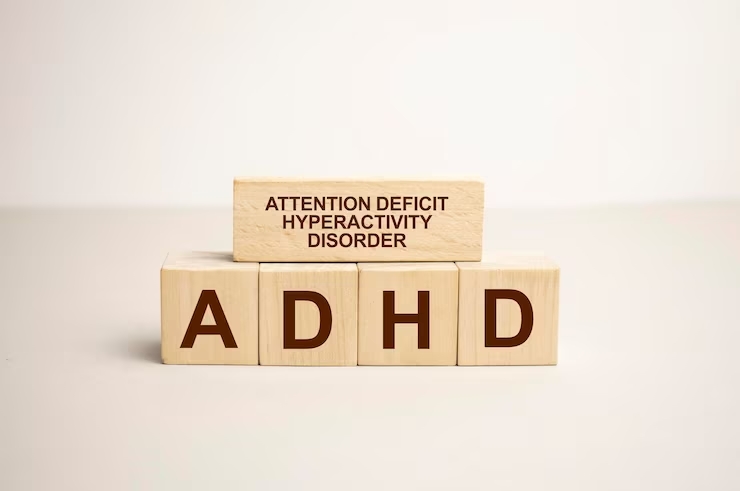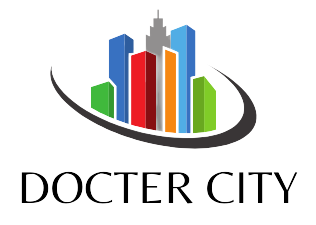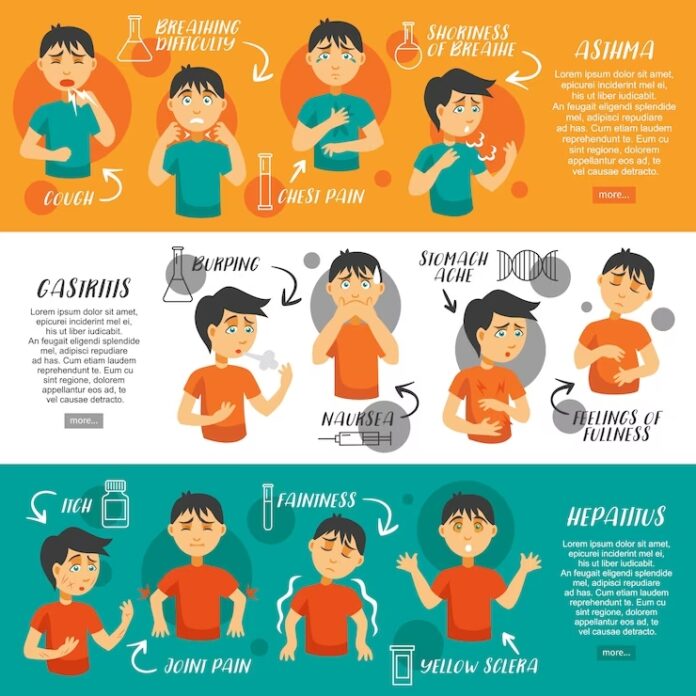Attention-deficit/hyperactivity disorder, commonly known as ADHD, is a neurodevelopmental condition affecting children and adults. With its sneaky ability to hide in plain sight, identifying this condition can sometimes be like searching for a needle in a haystack. But fear not! In today’s blog post, we’ll uncover the secrets behind three telltale signs of ADHD that are often misunderstood or overlooked. So grab your detective hats and let’s dive into the world of attention deficit hyperactivity disorder – you might discover something remarkable about yourself or someone you know!
Introduction to ADHD
Inattention, impulsivity, and hyperactivity are the key signs of ADHD. Many people with ADHD have all three symptoms. Some people with ADHD only have one or two of the symptoms.
Inattention means a person can only focus on tasks or sustain attention on something briefly. A person with inattention might:
· Daydream during class or meetings
· be easily distracted by ideas or stimuli that are unrelated
· Miss important details when listening or reading
· delay or put off tasks requiring persistent mental effort, such as schoolwork or filling out employment applications.
· have trouble organizing tasks and activities
· lose things like homework assignments, books, keys, and wallets frequently
Impulsivity means a person acts without thinking first. A person with impulsivity might:
· speak out in class without raising their hand first
· Blurt out answers before hearing the whole question
· interrupt conversations or butt into other people’s games
· not consider the effects of their conduct
· act without taking into account how their behavior would influence others.
Hyperactivity means a person feels restless and fidgety all the time. A person with hyperactivity might:
· squirm in their seat during class or meetings
· tap their feet or fidget with their hands constantly · get up often to pace around or move

Signs of ADHD in Children and Adults
Some signs may indicate someone has ADHD. These can differ slightly between children and adults and between men and women. Symptoms include:
Inattention: Making careless mistakes, not following through on instructions, not paying attention to detail, seeming not to be listening, daydreaming
Hyperactivity: is characterized by fidgeting or squirming while seated, excessive chatting, answering questions before fully understanding them, difficulty waiting in line, or difficulty sharing the spotlight.
Impulsivity: Acting without thinking, interrupting others often, intruding on others’ personal space
These symptoms will often lead to problems in school or work performance and social interactions. If you suspect you or your child may have ADHD, you should talk to a doctor.
Difficulty Concentrating
There are a few key things to look for when trying to determine if someone has difficulty concentrating. One is that they need help focusing on one task for an extended period. Another is that they are easily distracted by their surroundings. They may also have trouble remembering what they were doing or were supposed to do. If you notice any of these signs in yourself or someone you know, it may be worth looking into whether or not ADHD is the cause.
Impulsivity
Focus, hyperactivity, and impulsivity issues are hallmarks of the mental condition ADHD. Symptoms of ADHD can be treated with medication and behavioral therapy.
Inattentiveness
ADHD can manifest itself in various ways, but inattentiveness is one of the most common signs. People with ADHD may struggle to sustain attention on tasks or activities and seem easily distracted. They may also appear to be forgetful or disorganized.
While it’s normal for everyone to daydream or have trouble focusing occasionally, those with ADHD often experience these symptoms much more. For people with ADHD, these issues can interfere with work, school, and personal relationships. If you or someone you know is displaying these symptoms, getting treatment from a professional is crucial. A qualified mental health professional can diagnose ADHD and develop an appropriate treatment plan.
Hyperactivity/Restlessness
Focus, hyperactivity, and impulsivity issues are hallmarks of the disorder ADHD. While it is most commonly diagnosed in children, it can also affect adults. ADHD symptoms can differ from person to person and might evolve.
Some common symptoms of ADHD include:
* Trouble paying attention or concentrating
* Easily distracted
* Frequently fidgeting or squirming
* Excessive talking
* Difficulty remaining seated or completing tasks quietly
* Feeling restlessness or always on the go
If you or someone you know displays these symptoms, you must talk to a doctor or mental health professional to rule out other potential causes and get a proper diagnosis. With treatment, people with ADHD can learn to manage their symptoms and lead whole, productive lives.
How to Diagnose ADHD
There are a few ways to diagnose ADHD. The most common way is through a clinical evaluation. This evaluation usually consists of a physical examination, interview, and school and medical records review. A diagnosis of ADHD can also be made through the use of rating scales, which are often used in research studies. Parents, teachers, or other adults who know the person well can complete these rating scales.
The Impact of Untreated ADHD
It is estimated that between 3-5% of children have ADHD, which can have a significant impact on their lives if left untreated. Studies have shown that children with ADHD are more likely to experience academic problems, social isolation, and relationship difficulties. They are also at an increased risk of developing anxiety and depression. If you suspect your child may have ADHD, it is crucial to seek professional help so they can receive the treatment they need.
Conclusion
Attention Deficit Hyperactivity Disorder, or ADHD, is a widely known disorder that requires careful management and attention. To best manage this disorder, it’s essential to know the signs and symptoms of ADHD. We’ve discussed three common signs of ADHD: difficulty sustaining attention, impulsive behavior, and hyperactivity. If you think your child may exhibit these behaviors, we recommend speaking with a doctor to determine if they have ADHD or some other emotional issue requiring intervention. With proper diagnoses and treatment plans involving lifestyle changes and medication therapy when needed, those struggling with this complex condition can live happier lives knowing their needs are being met appropriately.

